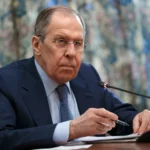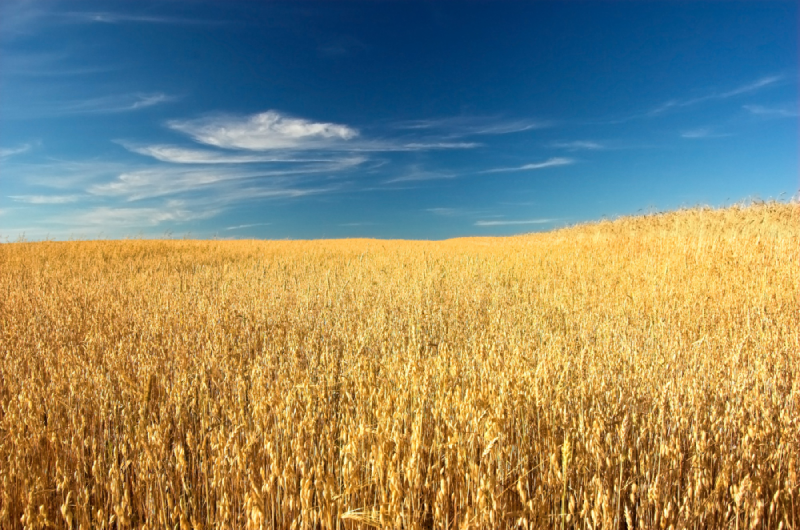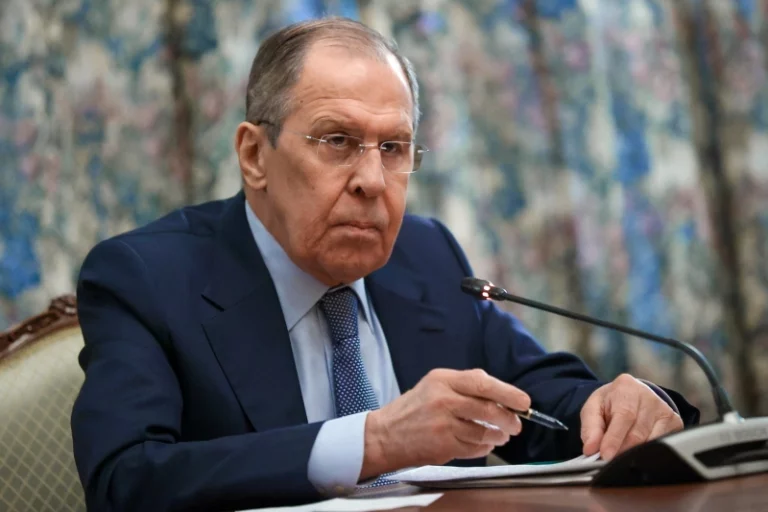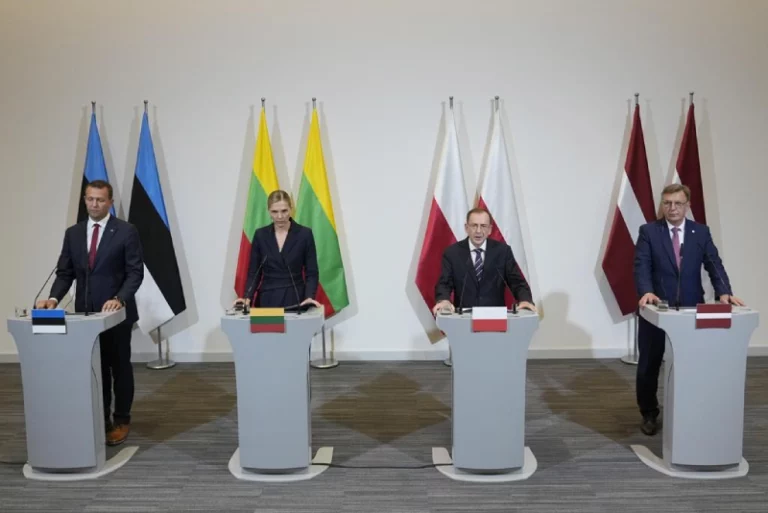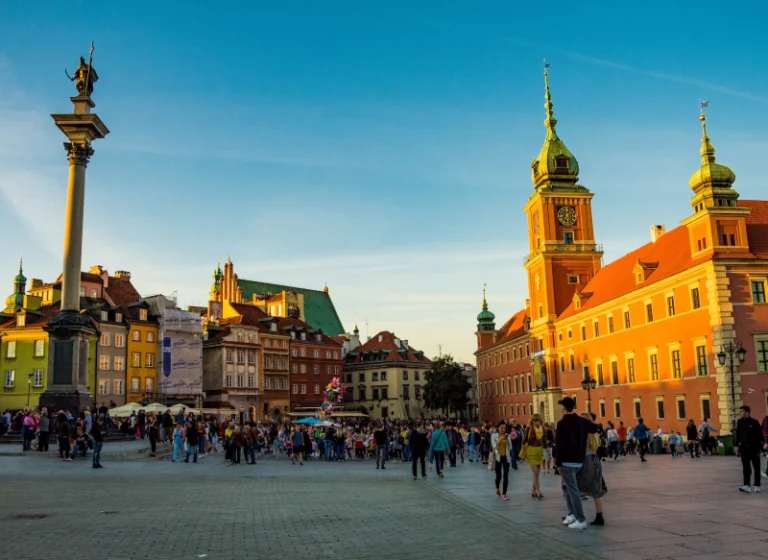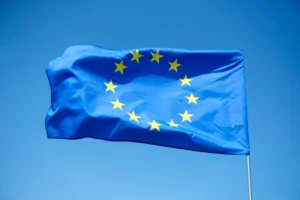Poland, Slovakia, and Hungary have announced their intentions to impose restrictions on Ukrainian grain imports, a decision made in response to the European Commission’s choice not to extend a ban that had affected Ukraine’s five EU neighbors.
The restrictions initially put in place by the European Union (EU) in May had permitted Poland, Bulgaria, Hungary, Romania, and Slovakia to ban the domestic sales of Ukrainian agricultural products such as wheat, maize, rapeseed, and sunflower seeds while allowing for the transit of these goods for export to other destinations.
Polish Prime Minister Mateusz Morawiecki, speaking in Elk, northeastern Poland, stated,
“We will extend this ban despite their disagreement, despite the European Commission’s disagreement. We will do it because it is in the interest of the Polish farmer.”
Polish Prime Minister Mateusz Morawiecki
Additionally, the Polish development minister, Waldemar Buda, confirmed via the social media platform X (formerly known as Twitter) that he had signed the regulation for the Polish ban, which would be in effect indefinitely from midnight.
Hungary followed suit by imposing a national import ban on 24 Ukrainian agricultural products, including various grains, vegetables, several meat products, and honey, as stated in a government decree published on Friday. Slovakia’s agriculture minister also announced a ban on grain imports. It is important to note that all three bans exclusively pertain to domestic imports and do not impact transit to other markets.
The EU Trade Commissioner, Valdis Dombrovskis, urged countries to refrain from unilateral measures against Ukrainian grain imports. In response, Ukraine’s President Volodymyr Zelenskyy stated that Ukraine would respond in a “civilized fashion” if EU member states violate the rules.
To address this situation, the EU established alternative land routes, known as Solidarity Lanes, for Ukraine to use for exporting grains and oilseeds after Russia withdrew from a U.N.-brokered Black Sea grain deal in July, which had allowed safe passage for cargo ships.
The European Commission announced that the existing measures would expire as originally scheduled on Friday, contingent on Ukraine’s commitment to implementing any necessary legal measures, such as an export licensing system, within 30 days to prevent excessive grain exports. The EU Commission stated, “It has concluded that thanks to the work of the Coordination Platform and to the temporary measures introduced on 2 May 2023, the market distortions in the 5 Member States bordering Ukraine have disappeared.” The EU expressed its willingness to avoid imposing restrictions as long as Ukraine’s effective measures remain in place.
Farmers in the neighboring countries of Ukraine have repeatedly voiced concerns about an oversupply of agricultural products that has led to lower domestic prices and financial difficulties. Most of these countries, excluding Bulgaria, had advocated for an extension of the ban beyond its initial expiry date.
In the case of Romania, which did not unilaterally enforce a ban before May, the government expressed regret that a European solution to extend the ban was not reached. Romania is awaiting Ukraine’s action plan to prevent a surge in imports before deciding on its course of action, as over 60% of alternate grain flows pass through its territory, mainly via the Danube River.
For the past year, Ukraine had been diverting 60% of its exports through the Solidarity Lanes and 40% via the Black Sea, thanks to the previous agreement. In August alone, approximately 4 million tons of Ukrainian grains transited through the Solidarity Lanes, with close to 2.7 million tons passing through the Danube. The Commission has aimed to further increase exports through Romania, although this plan has been complicated by Russian drone attacks on Ukraine’s grain infrastructure along the Danube and near the Romanian border.

